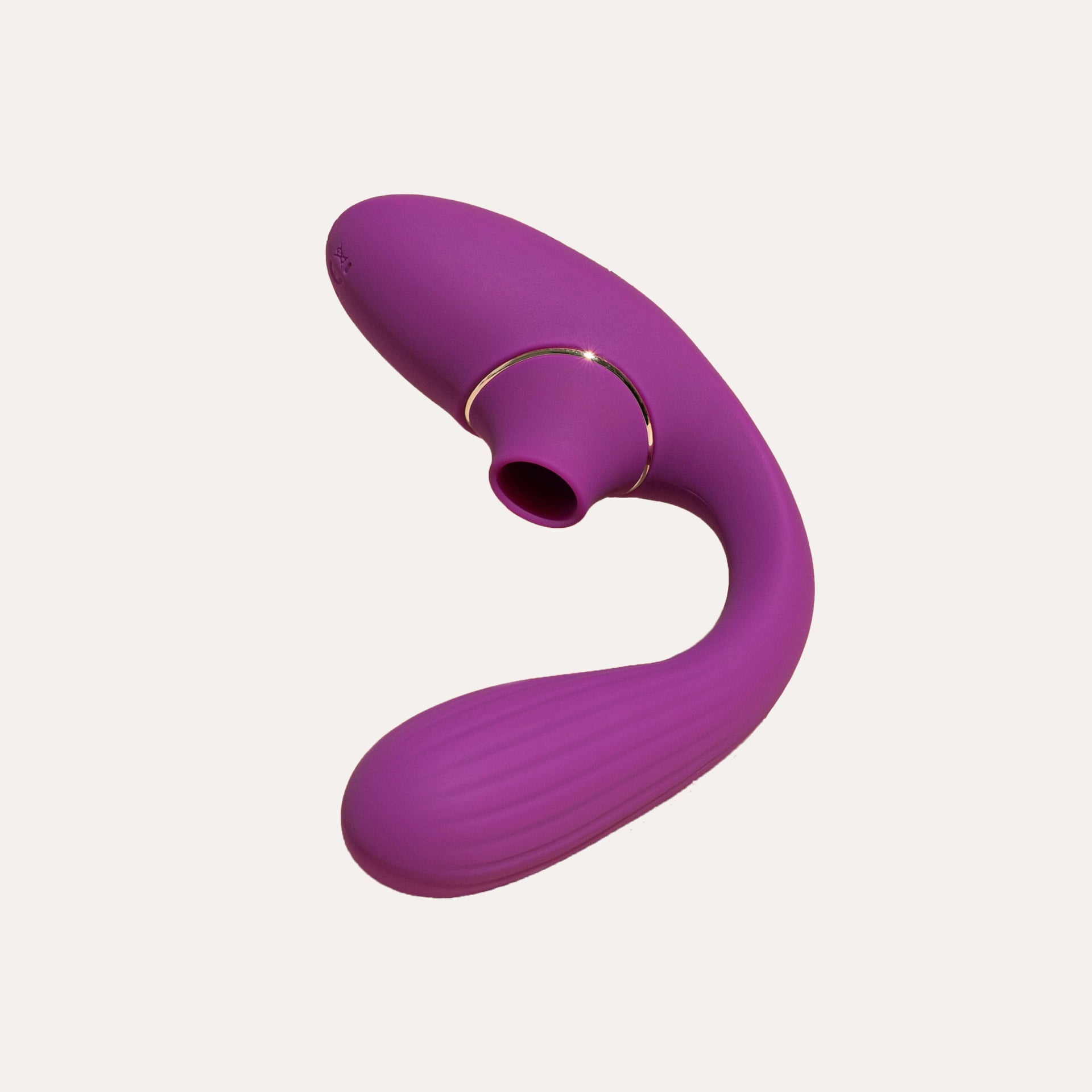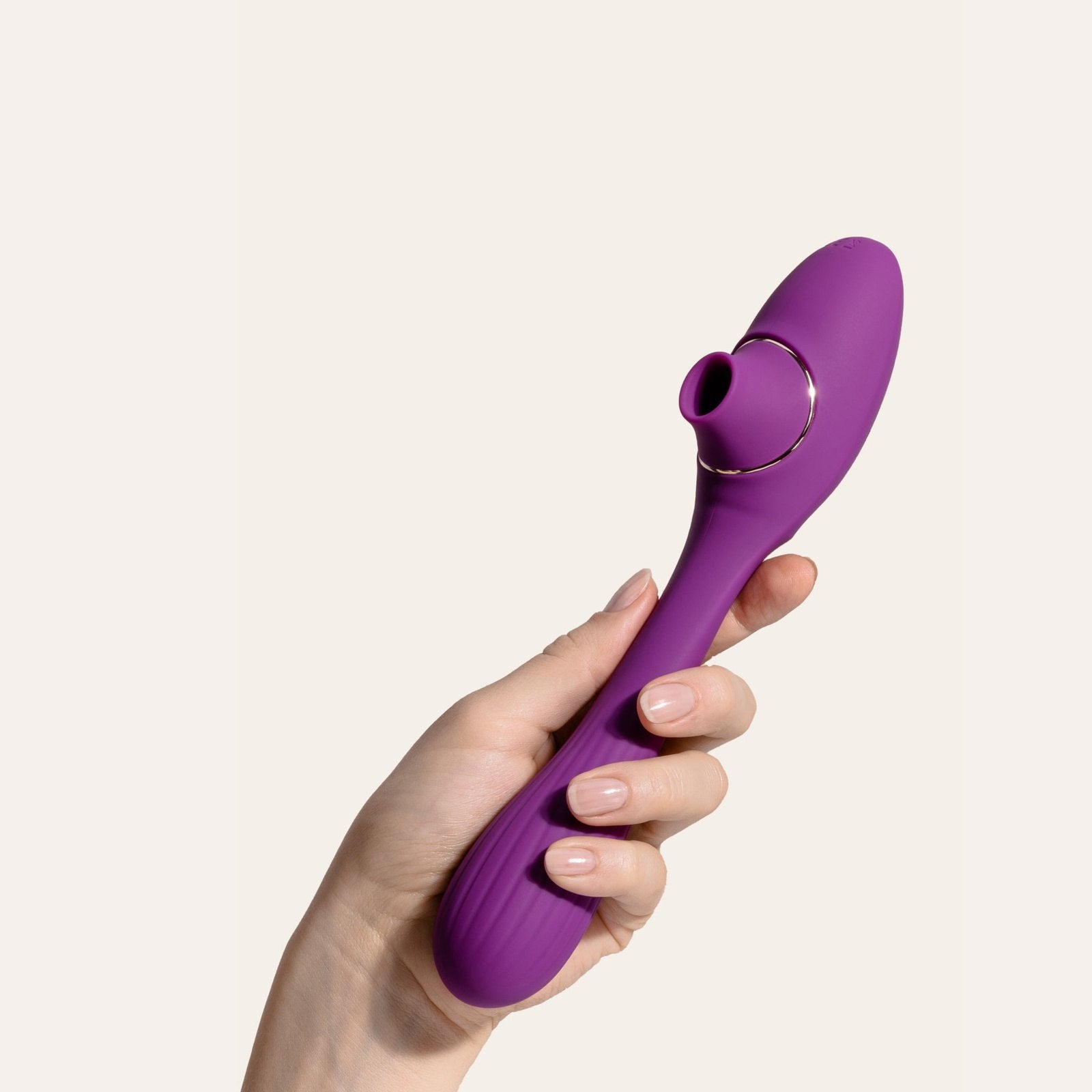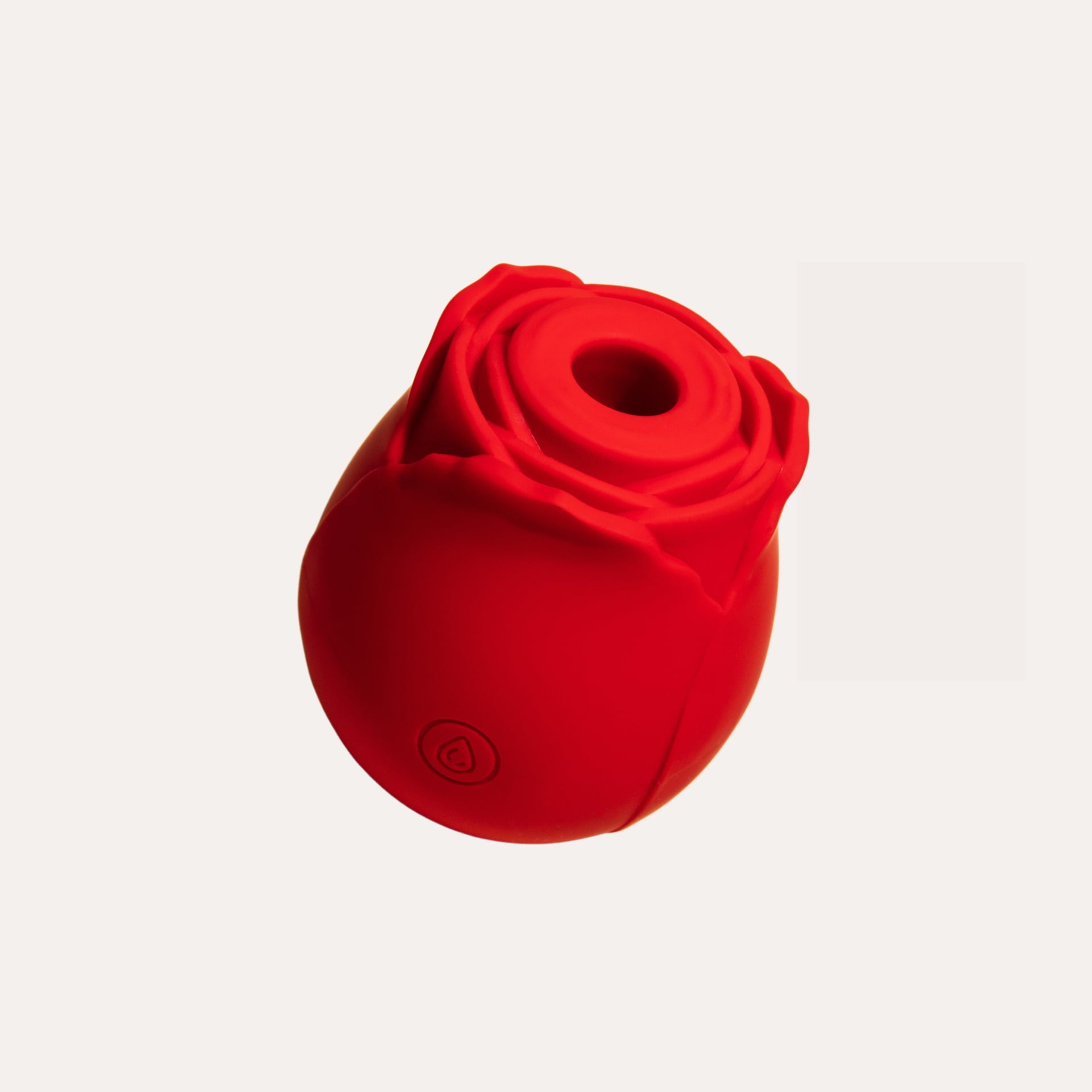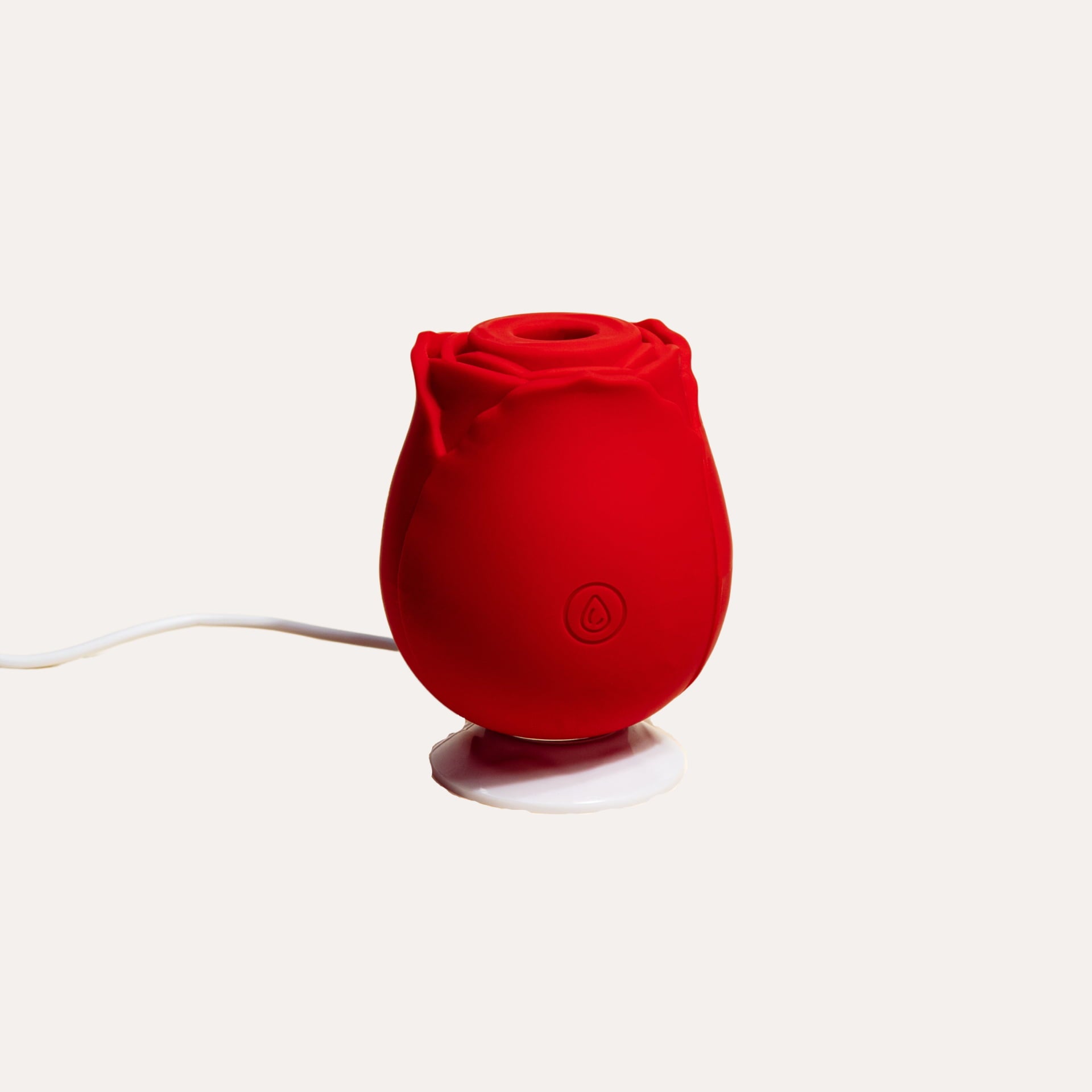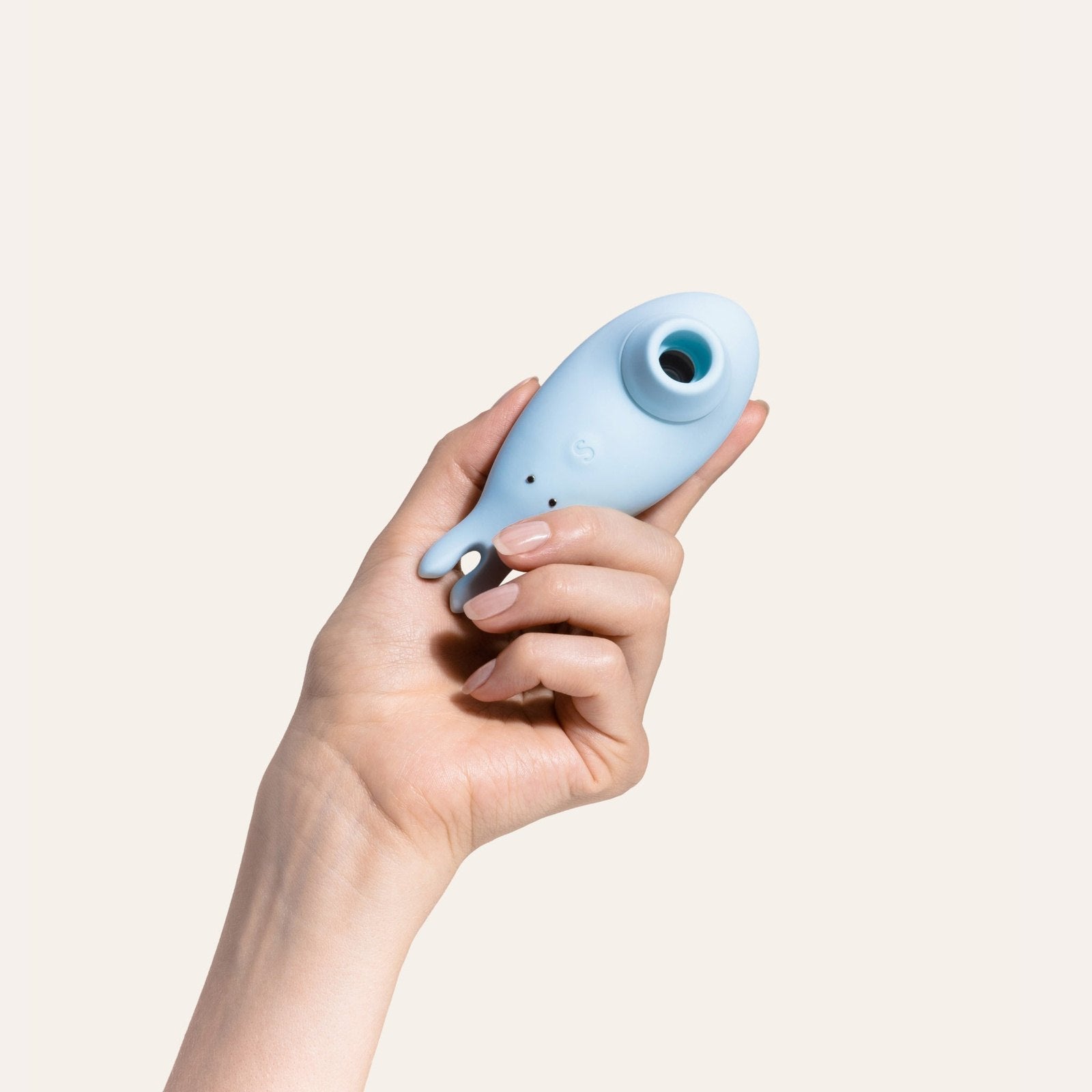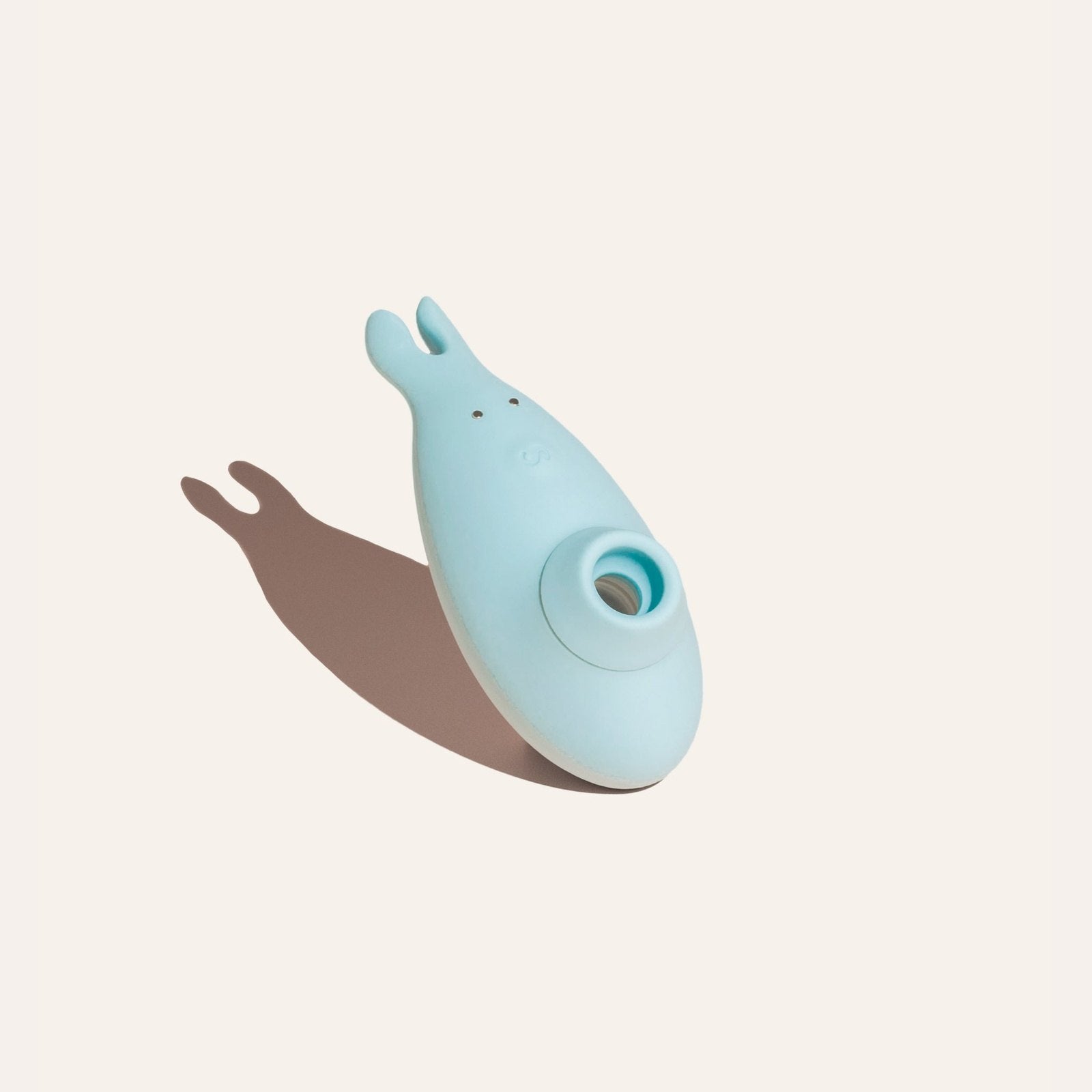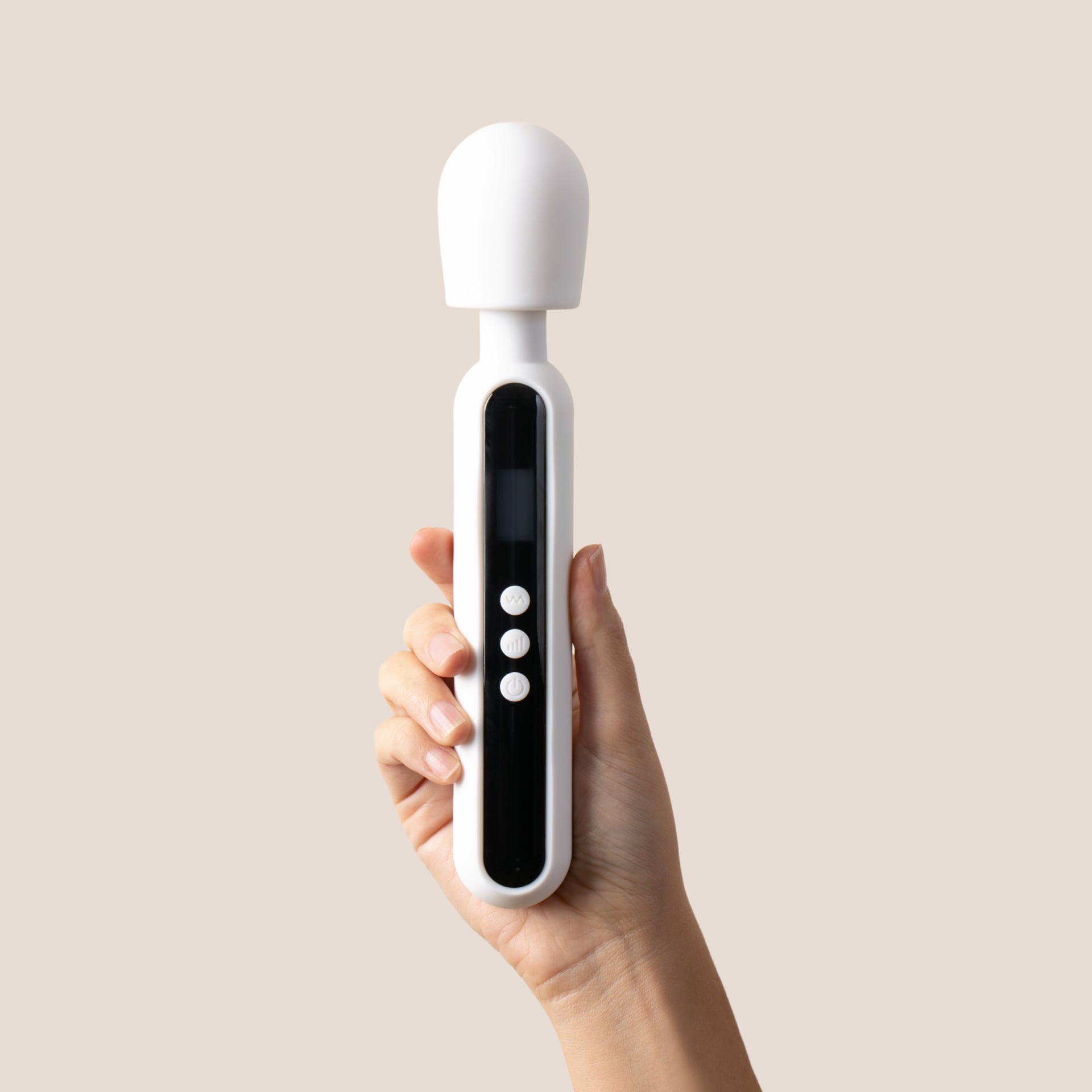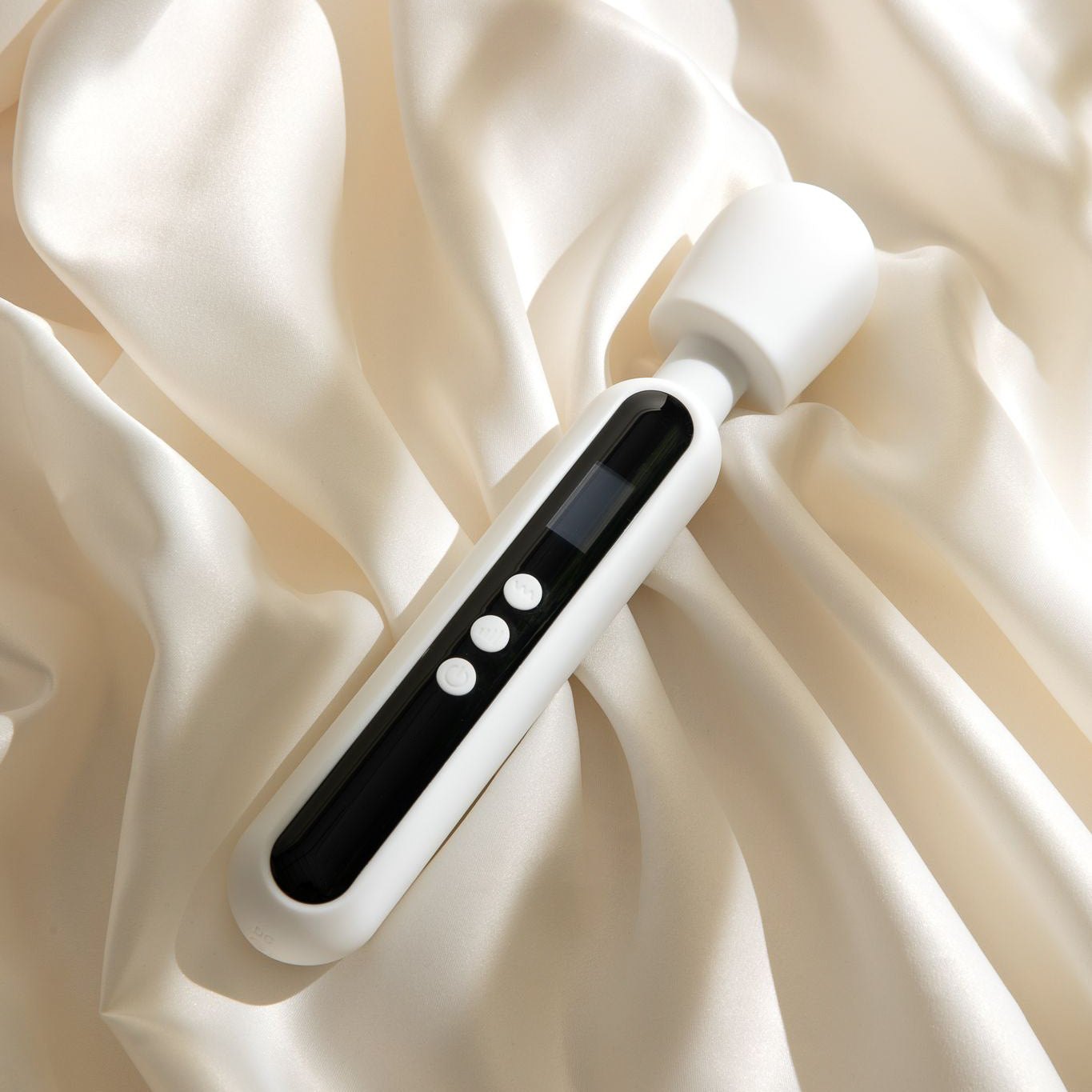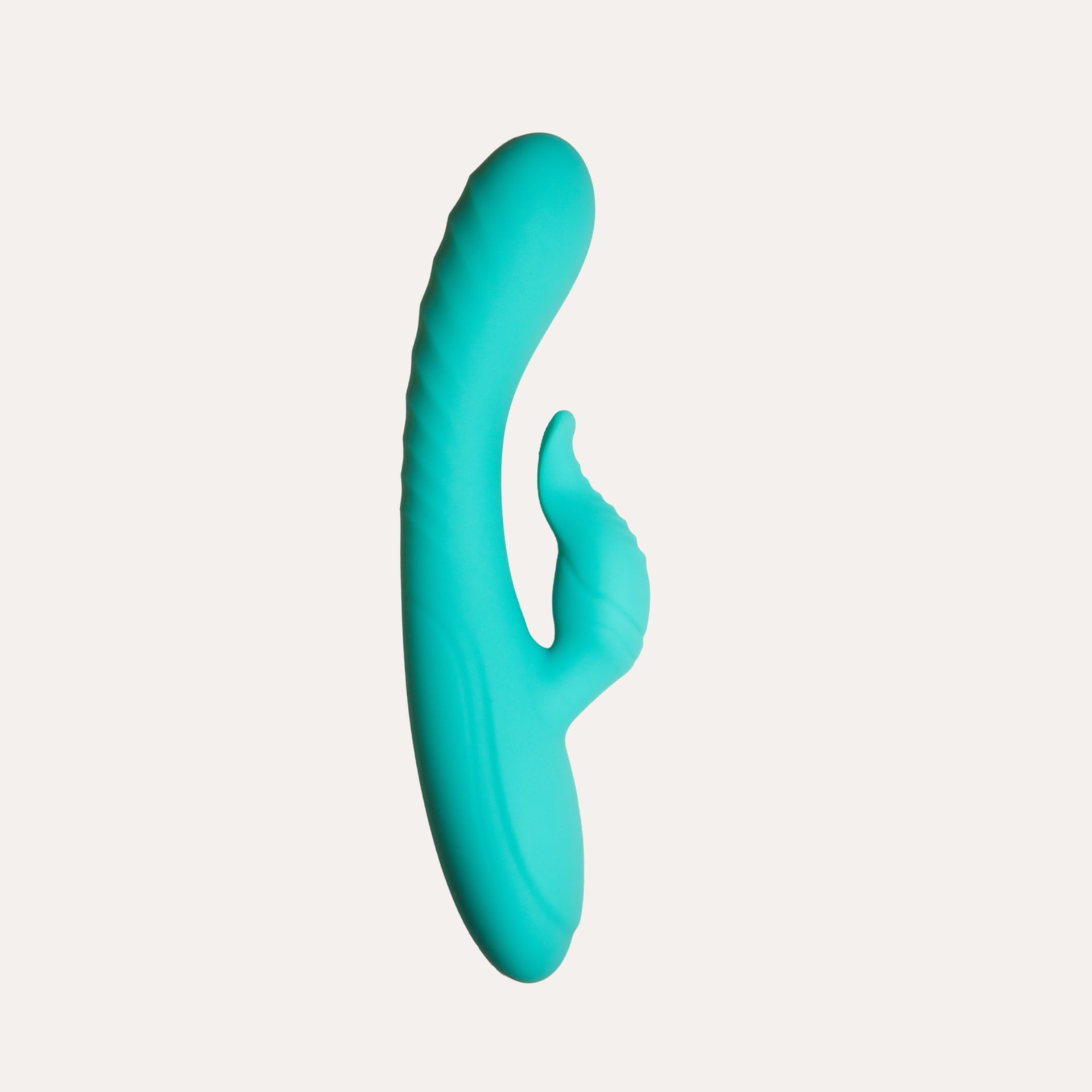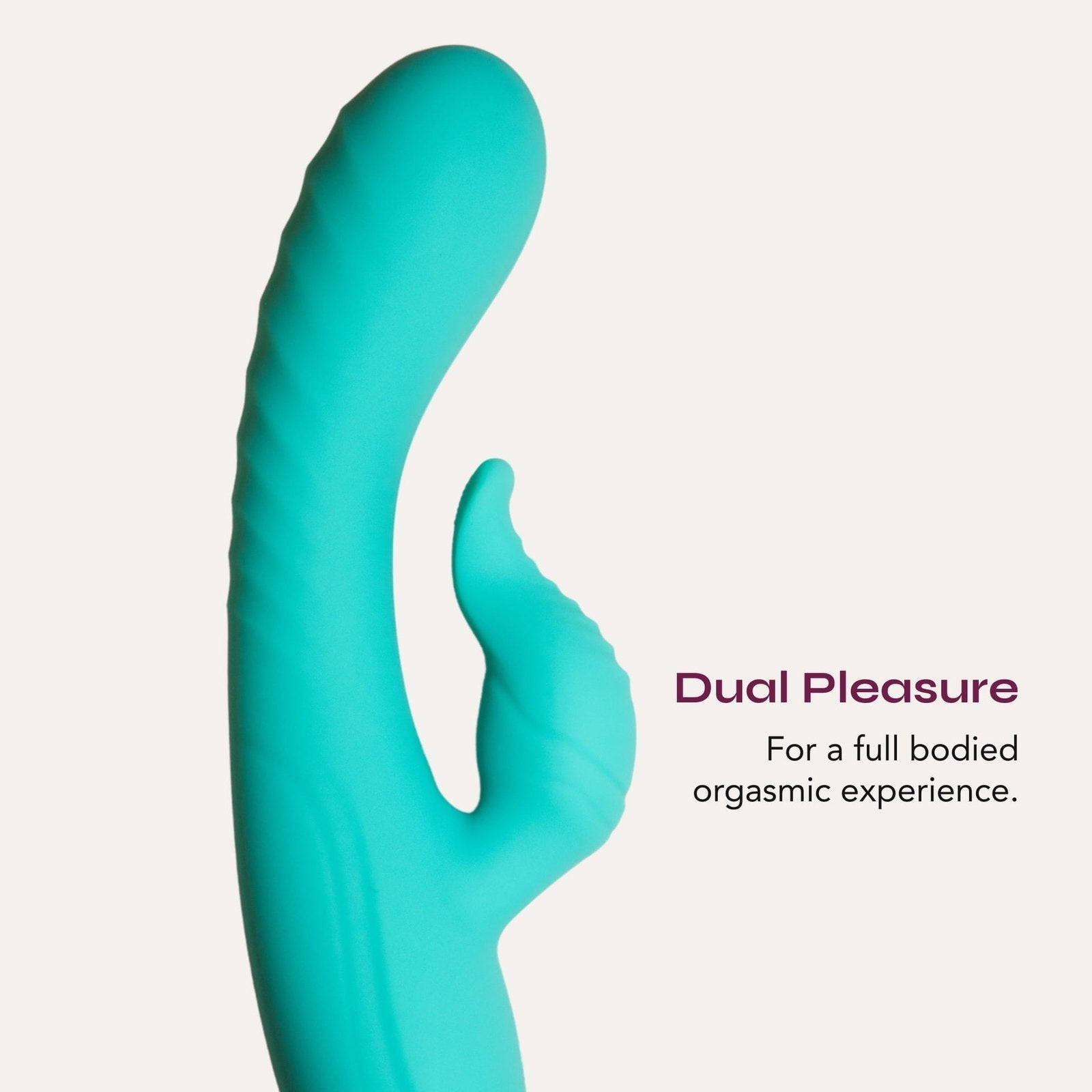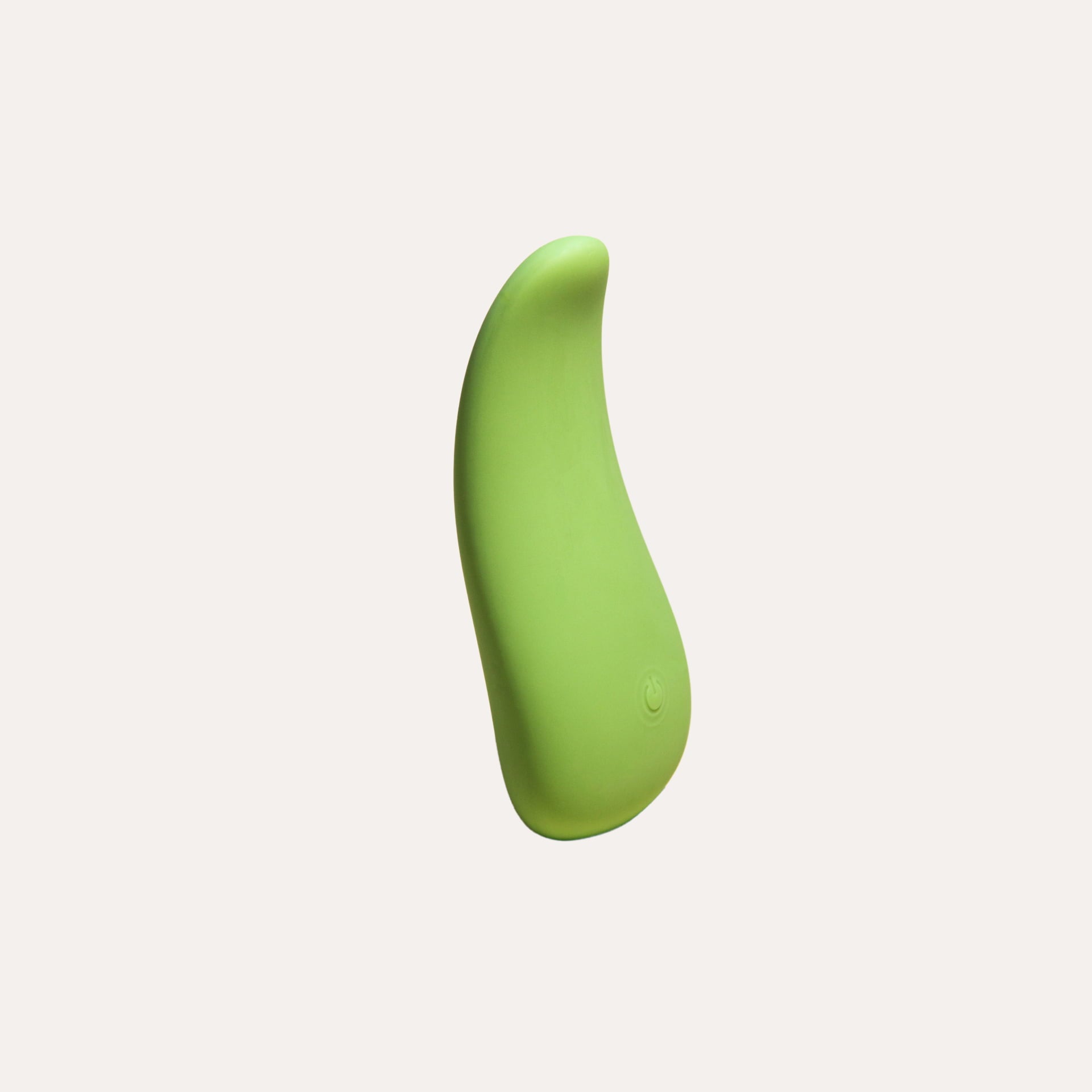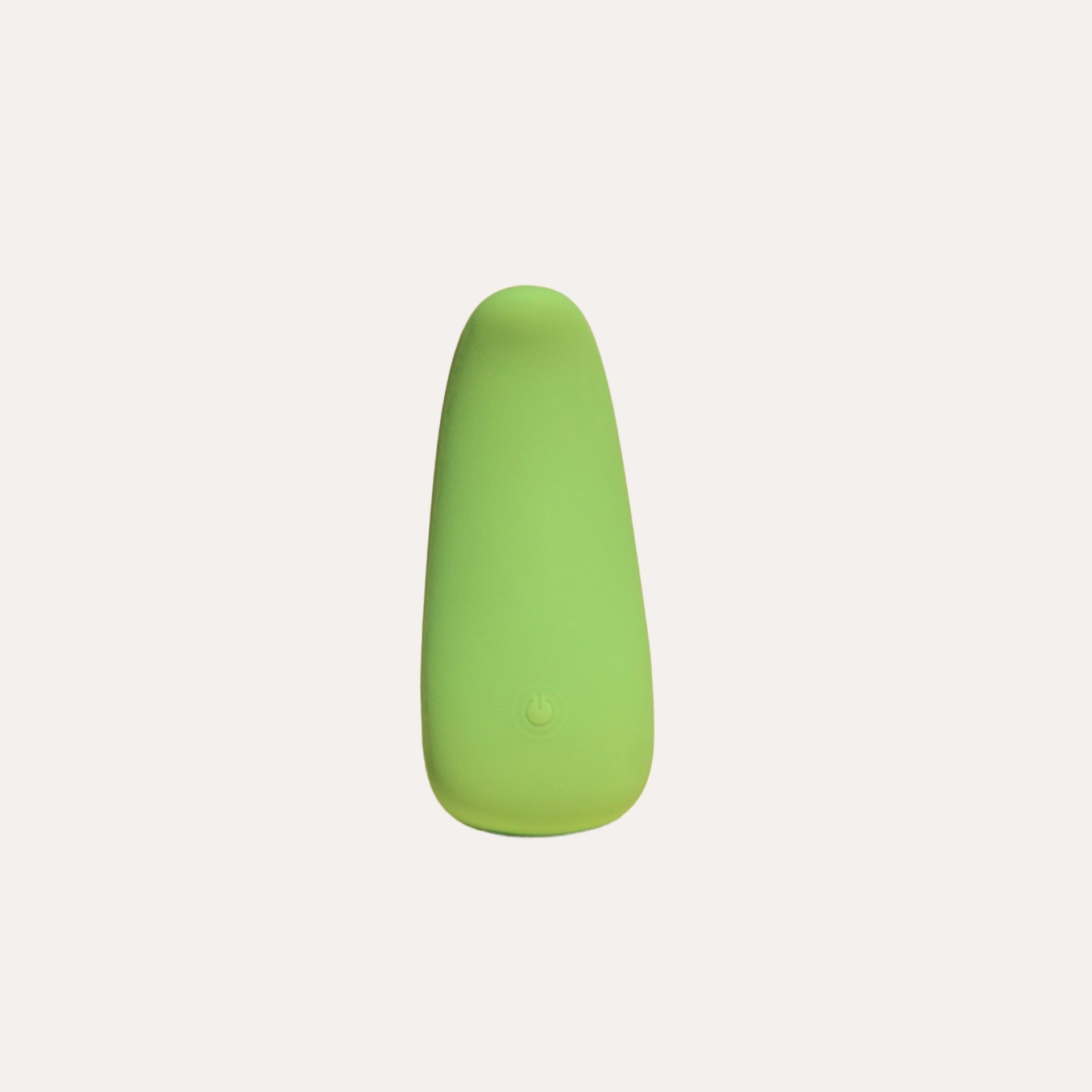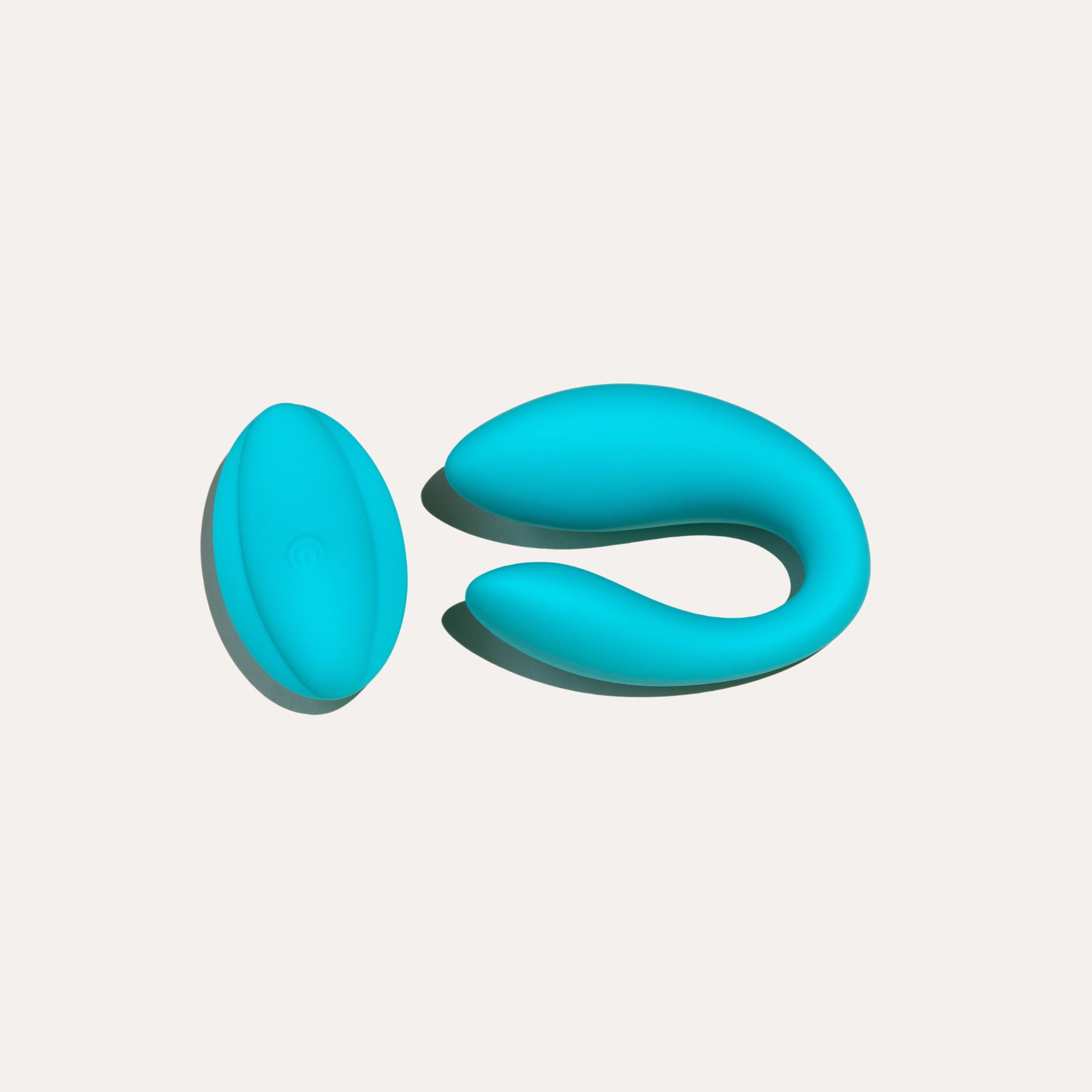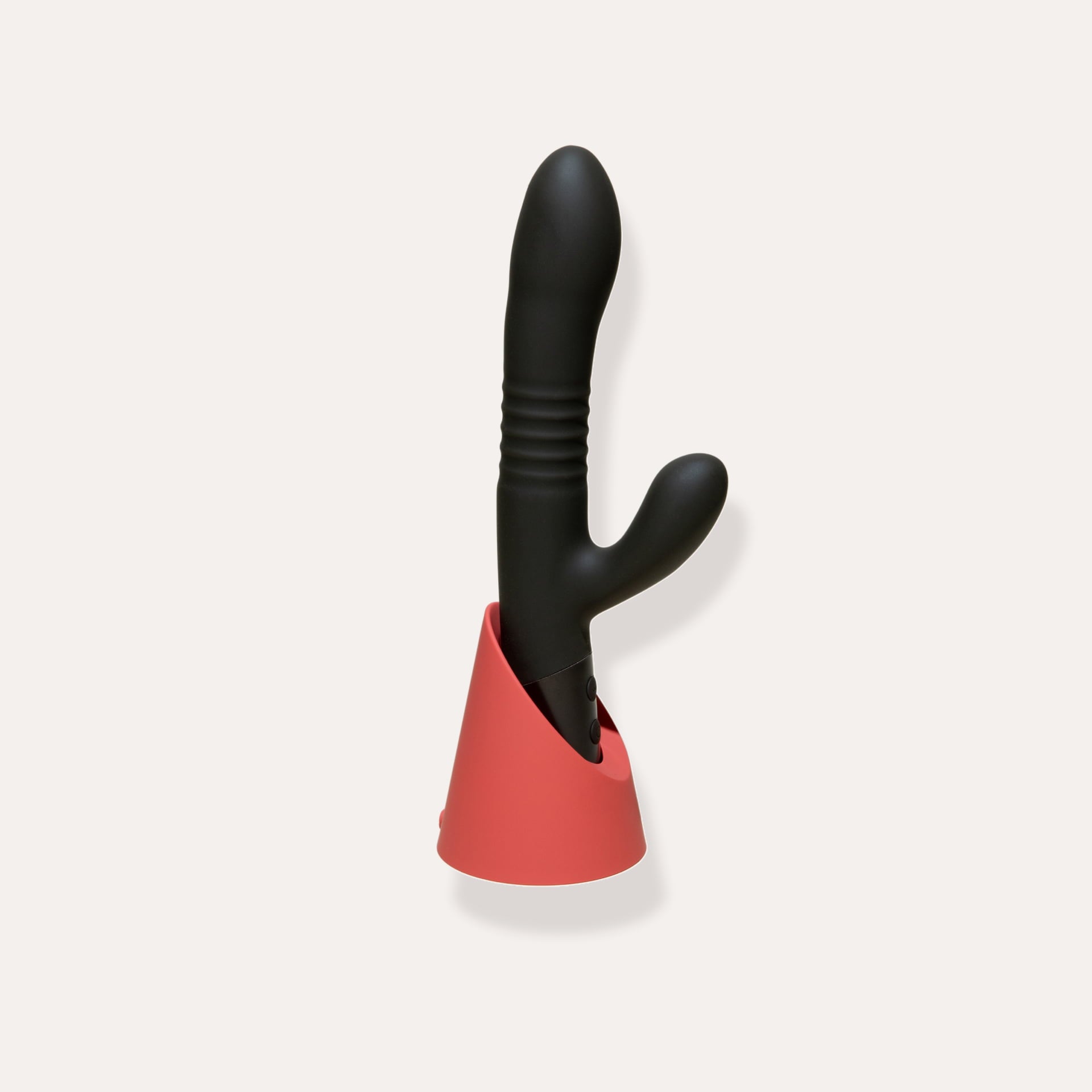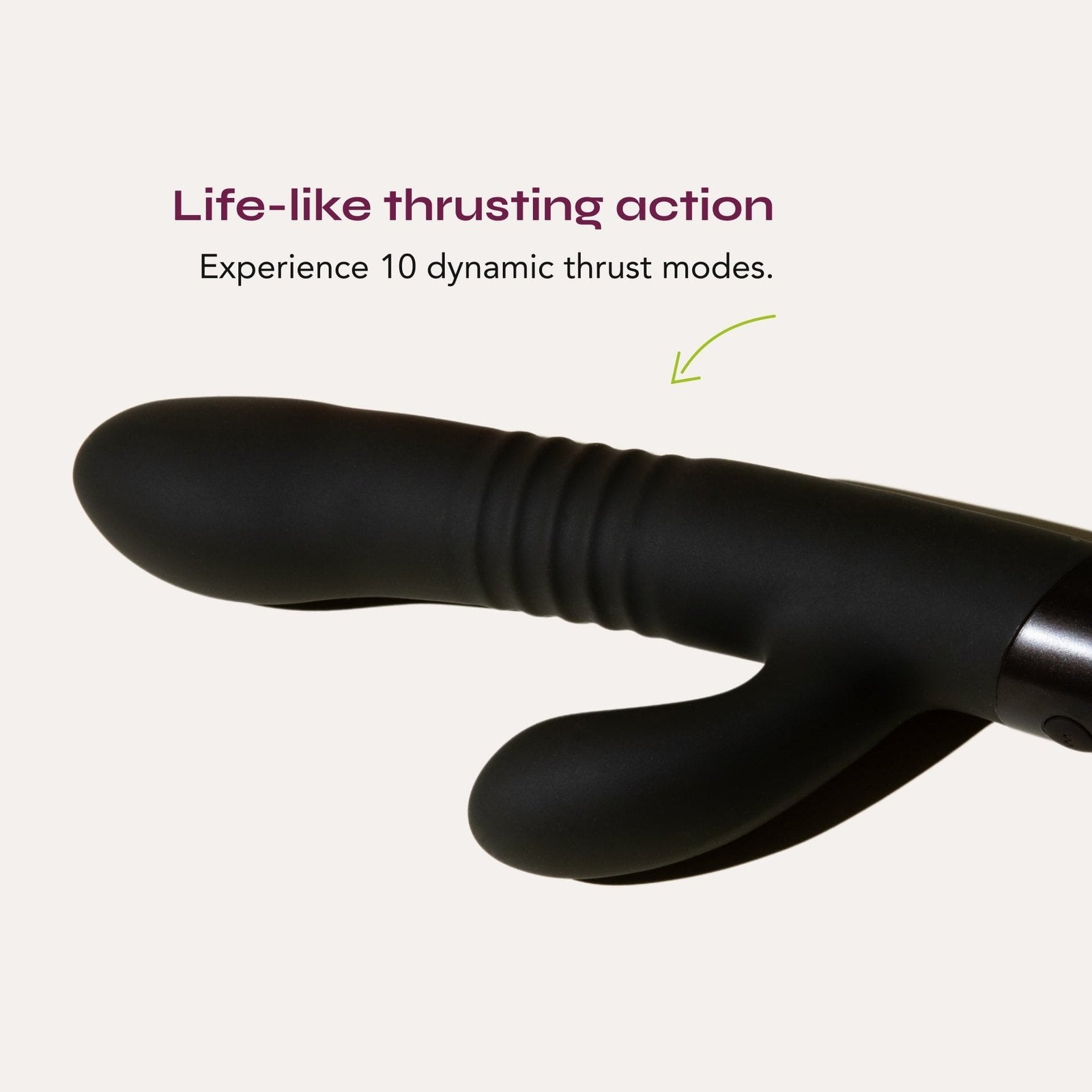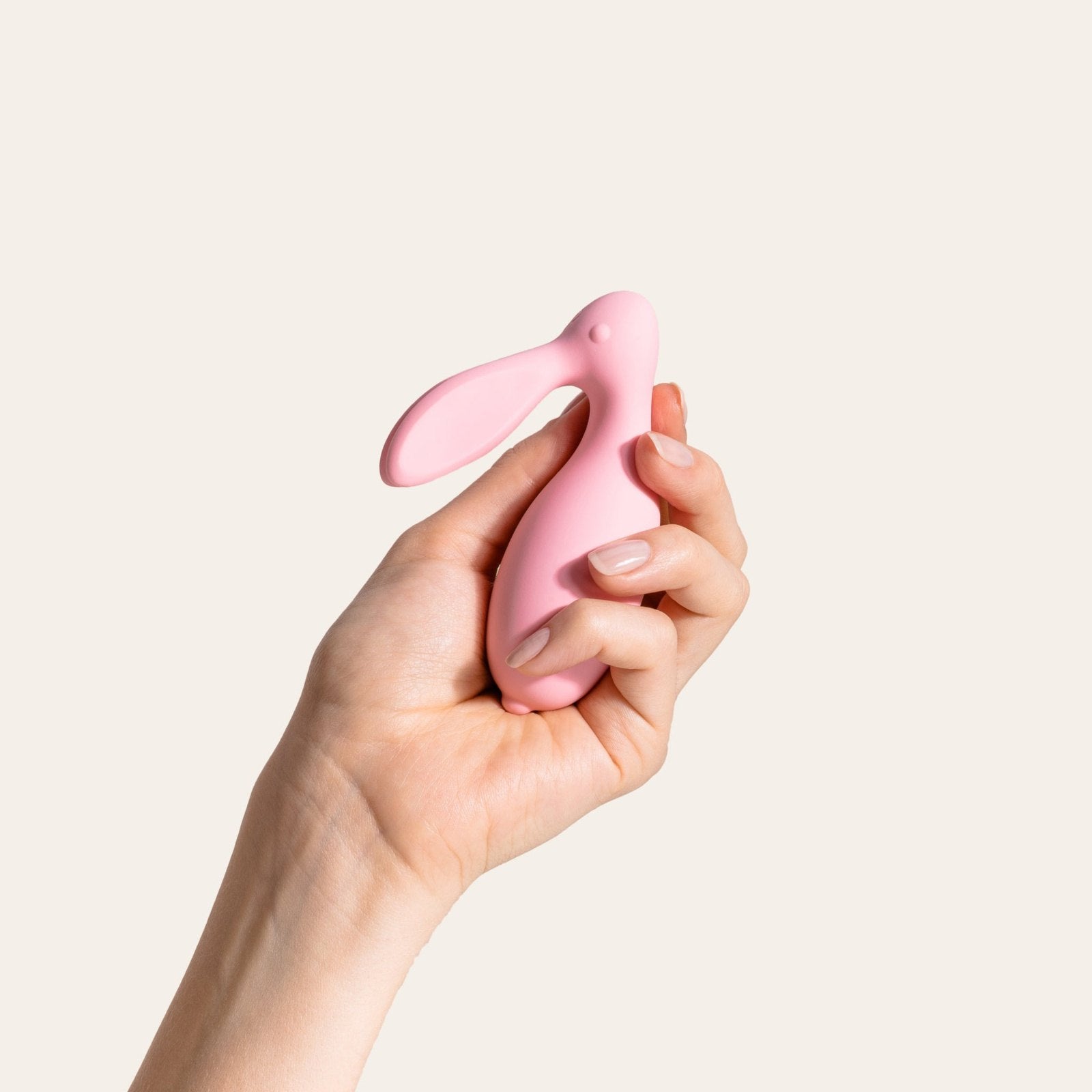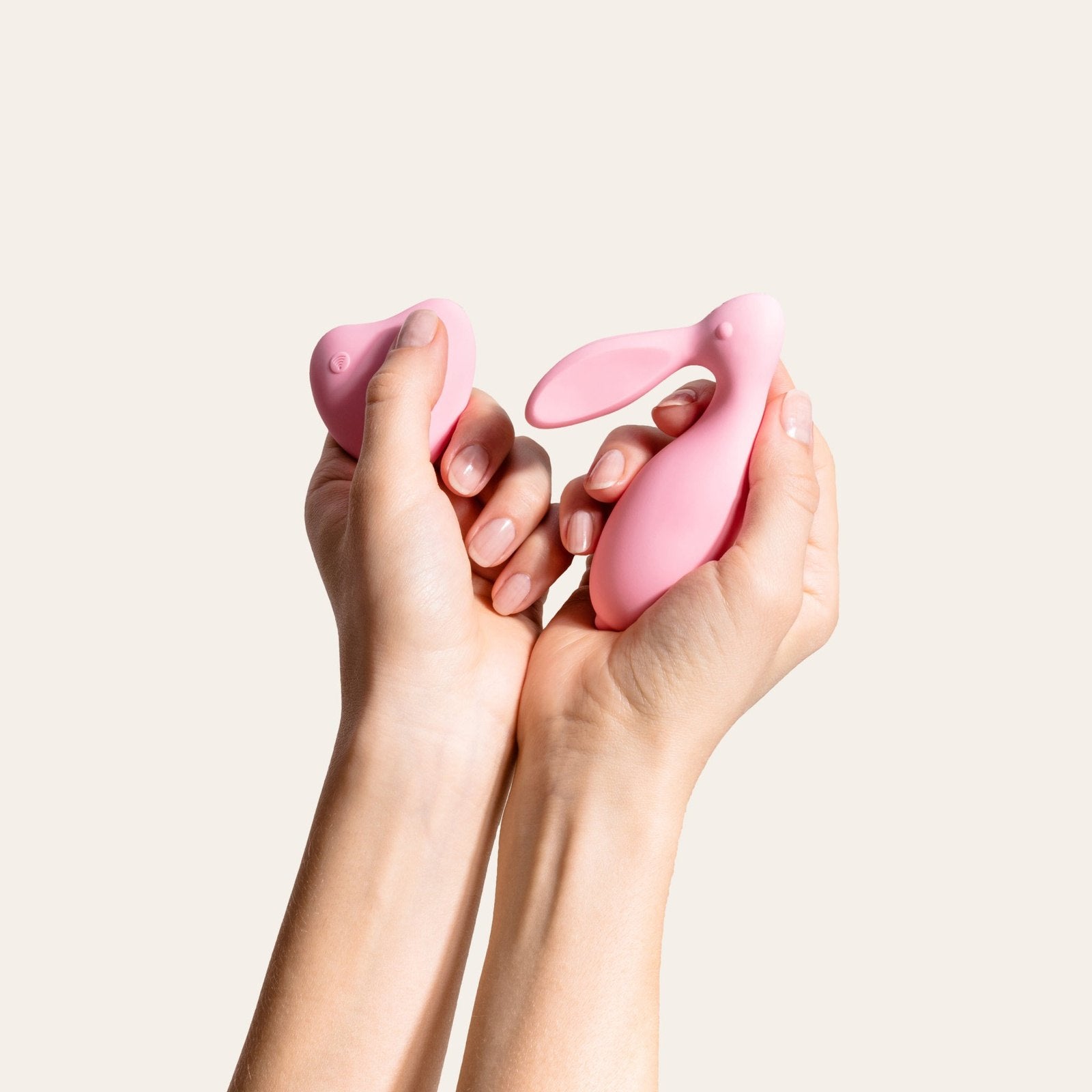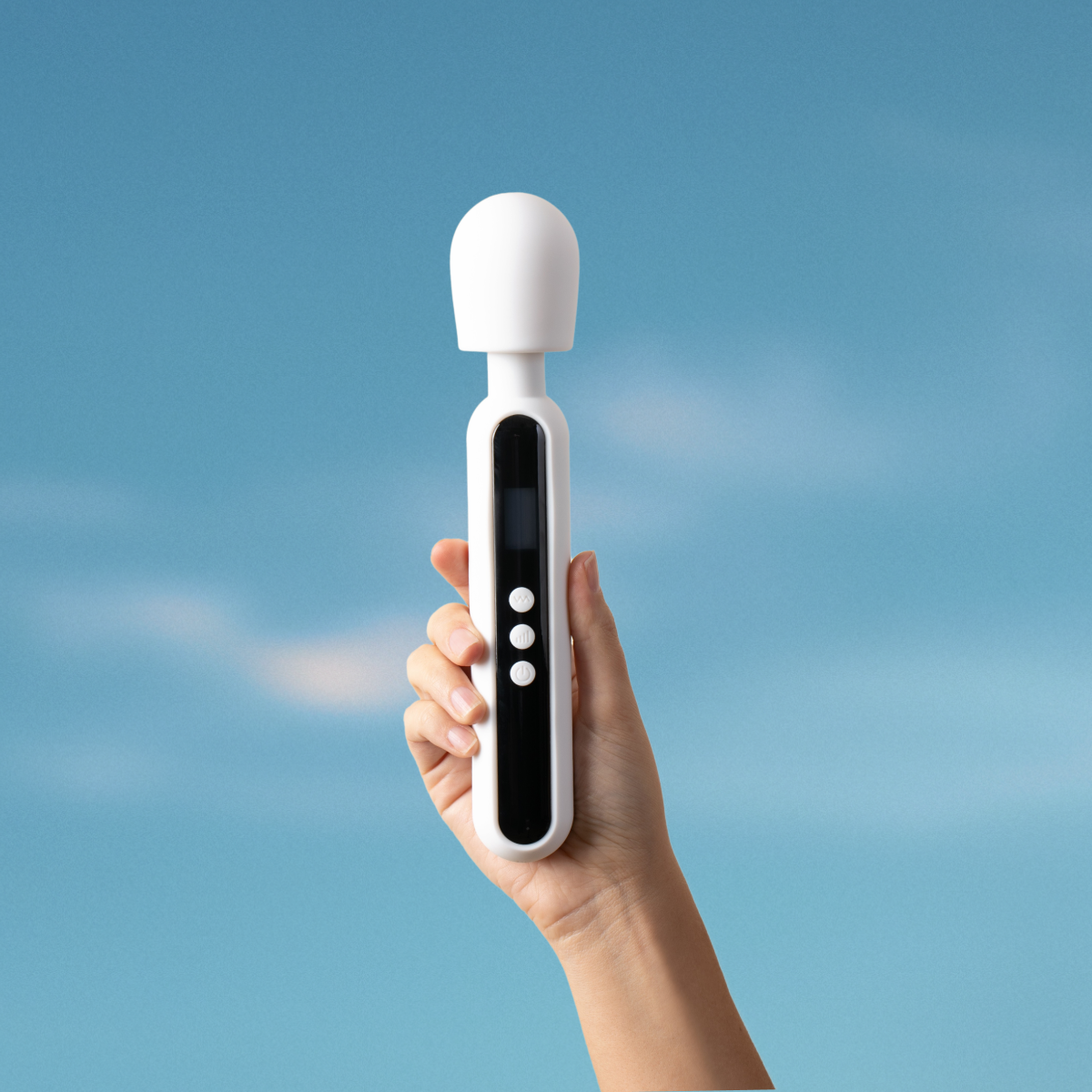Wondering how to pleasure a woman after menopause? Let's talk about.
Bodies, relationships, and desires change as we age. Menopause happens to be a huge period of adjustment for women and their partners. If you are struggling with finding pleasure as a menopausal woman or a partner to someone who fits this description, this article will assure you that you are not alone and there are, in fact, solutions to your frustrations.
So, how do you pleasure a woman after menopause?
In 2019, a research team found that when they asked nearly 25,000 postmenopausal women, about a quarter of them reported being sexually active.
Their main obstacles to sex included absence of a partner, a partner’s medical condition or sexual dysfunction, their own sexual dysfunction or menopause symptoms, medication, and low libido, among others.
There are a handful of difficulties when it comes to navigating post-menopausal sexuality – however, there are strategies to address each one of them on your own, or with a healthcare provider.
Obstacle #1: Vaginal atrophy & decreased blood flow
During menopause and afterward, hormonal changes lead to vaginal atrophy (the thinning, drying and inflammation of the vaginal walls) and decreased blood flow to the genitals, creating subsequent pain during sexual activity.
Some solutions to relieving vaginal atrophy & increasing blood flow include using sex toys, topicals that contain CBD, and lubricant. A healthcare provider can also provide estrogen treatments.
Vibrators and clit suckers of all kinds provide stimulation, which, in turn, draws blood to the genitals, increasing sensitivity.
Here's what we'd recommend you consider:
Consider Using Vibrating Wand Massagers
Wand vibrators are used externally on the clitoris, vulva, or anywhere else on the body. It is super strong, features a long handle, is cordless, has a long-lasting rechargeable battery, and is made with medical grade silicone (the highest quality silicone on the market).
As a bonus, it’s great for massaging sore muscles!
Our wand vibrator Bewitch'd offers strong clitoral stimulation. A definite crowd pleaser. It's our strongest vibrator yet.
Try out clit suction toys
Clit suckers are used externally, which means no penetrative discomfort for you!
The gentle suction increases blood flow and arousal almost instantly. At BerryLemon we carry two clit suckers-- a fit for everyone.
Kai the compact clit sucker is on the gentler side --perfect for those who are sensitive to clit stimulation. There are seven pulse patterns which are bound to please.
Aura, our best selling 3-in-1 clit sucker is a powerful toy that can be used internally, externally and as a dual stimulator.
Both suction toys have a long-lasting rechargeable battery, and is made with medical-grade silicone and ABS plastic (two of the safest toy materials on the market). These clitoral toys will take you to paradise (and get you to a big O).
Plus, clitoral stimulation is a great way to promote natural lubrication.
Consider Lubricant & Topicals
Studies show that using lubricant “was associated with higher ratings of sexual pleasure and satisfaction for solo sex and penile-vaginal sex.”
There are multiple types of lubricants: water-based, silicone-based, oil-based, and hybrid lubes.
For more information about lubricants, check out this article.
Products with CBD
Though there is no clinical research that has proven this due to research restrictions on cannabis products, there is a peer-reviewed survey from 1979 “indicates that experienced cannabis users believed that the plant improved orgasm and should be considered an aphrodisiac.”
Colleen Gerson who is a functional medicine coach and herbalist at Foria (a CBD sexual wellness brand), explains that CBD lubricants and suppositories can "enhance pleasure and libido by increasing blood flow, which increases lubrication and sensation, relaxing smooth muscle tissue, and easing tension.”
Obstacle #2: Incontinence
If you are worried about bladder control, empty your bladder before initiating sexual contact and talk to your partner(s) about your concerns – if you are preoccupied worrying about it, you won’t be able to focus on being in the moment and present during your pleasure practice. If you can, try and have a sense of humor about it!
Another strategy for managing incontinence is to practice Kegel exercises.
Kegels, invented in 1948 by American gynecologist Dr. Arnold Kegel, “can strengthen pelvic muscles, support pelvic organs, and help control incontinence of urine, bowels, and gas. While there’s little scientific evidence to prove it, some doctors believe [the exercise] also has potential to make sex more pleasurable.”
Talk to your healthcare provider about whether or not Kegels would be beneficial for you.
Obstacle #3: Hot flashes
This obstacle has one of the easiest solutions – turn up the AC and/or keep some ice packs nearby. You can also put cooling sheets on your bed.
Obstacle #4: Change in libido
Libido, according to Kristen Mark, Ph.D., M.P.H, director of the Sexual Health Promotion Lab and sex researcher, is “that feeling of drive or motivation to engage in sexual behavior.”
Dr. Jeanne L. Leventhal, MD, states “Menopausal and postmenopausal women can experience decreases in both libido, orgasm, and frequency of coitus—most commonly because of physiologic changes due to menopause, less commonly due to depression or marital discord.”
While changes in libido are natural and normal, there are some things that you can do if you’re concerned. You can check in with a mental health professional, expand your sexual horizons to try something new, and you can always practice self-exploration to see how your body responds to different stimuli.
When You’ve Tried Everything
You feel like you have done all that you can. What now? Here are some of your options:- Visit your Healthcare Provider
- See a Sex Therapist: The NHS defines sex therapists as “qualified counselors, doctors or healthcare professionals who have done extra training in helping people with problems relating to sex.” They can help you manage the emotional and physical side effects of age on sexuality.
- Work together with your partner(s): This isn’t something you have to manage alone. Rely on your partner(s) and make a master plan together. It can be stressful to navigate life’s changes, especially when the changes are coming from within.




